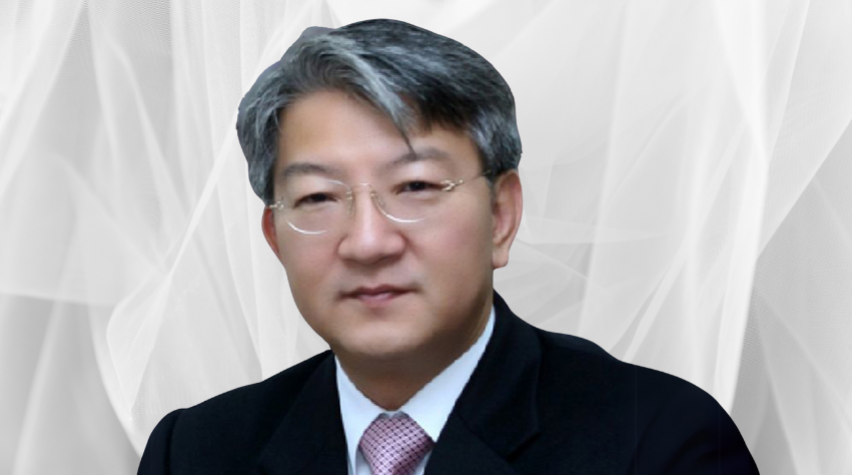
The International Metabolic Engineering Society (IMES) is proud to announce that Dr. Sang Yup Lee, Distinguished Professor and Senior Vice President for Research at KAIST, has been named the recipient of the 2025 Gregory N. Stephanopoulos Award for Metabolic Engineering.
Endowed by the AIChE Foundation through the generous support of many peers and friends, this award honors the legacy of Dr. Gregory Stephanopoulos, who is widely recognized as one of the founding fathers of metabolic engineering. It is presented bi-annually at the Metabolic Engineering Conference to a prominent scientist or engineer who has made seminal contributions to the industrial translation of basic developments in metabolic engineering, or to the quantitative analysis, design, and modeling of metabolism.
Dr. Lee is known for his groundbreaking work in metabolic engineering and industrial biotechnology, with over 770 journal publications, 860 patents, and numerous global honors recognizing his impact.
In advance of his award lecture at Metabolic Engineering 16 (ME16), we caught up with Sang Yup to hear more about his pioneering research, its industrial impact, and his perspective on the future of metabolic engineering.
The Gregory N. Stephanopoulos Award for Metabolic Engineering is awarded to a metabolic engineer who has made seminal contributions to the industrial translation of basic developments. What does winning this award mean to you?
Metabolic engineering stands as a leading discipline in both contemporary and future biotechnology. I am deeply honored to receive this award at a pivotal time, as the world transitions toward a bio-based economy. Over the years, I have had the privilege of working with distinguished students and colleagues, a collaboration that has resulted in numerous patents, the licensing of technologies to industry, and the founding of companies. Alongside my friends and colleagues around the world, I will continue to contribute to the advancement of biotechnology through both fundamental and translational metabolic engineering research.
Can you tell us about your work that has translated research into industrial applications?
Throughout my 31-year tenure as a professor at KAIST, I have filed and registered approximately 860 patents, encompassing tools and strategies in metabolic engineering, as well as the production of various bulk chemicals, polymers, natural products, pharmaceuticals, and nutritional products. Several of these patents and technologies have been successfully transferred to industry through licensing agreements. Additionally, I have founded companies specializing in advanced biofuels and the development of wound-healing and cosmetic products. Over the years, my active consultancy role with various companies has proven to be invaluable, both for me and for the companies.
What impacts of metabolic engineering on industrial applications are you most excited about?
Metabolic engineering not only boosts the production of bio-based products, but also facilitates the creation of novel chemicals that are beneficial to both humans and the environment. My enthusiasm for metabolic engineering stems from its profound enabling potential, which promotes the development of cell factories or the use of cellular components to manufacture useful products in a sustainable and environmentally friendly way. Metabolic engineering has been, and will continue to be, a pivotal technology for biomanufacturing and all biotechnology applications, playing a crucial role in advancing toward a bio-based economy.
How does the Metabolic Engineering Conference series help metabolic engineers advance research into industrial applications?
As a regular participant at the Metabolic Engineering Conference, I would like to highlight the exceptional insights this conference offers into the latest and most compelling developments in metabolic engineering. It delves into both the intricate science and the translational aspects of the field, providing a unique platform to engage with established leaders, emerging talents, and the next generation of pioneers in an outstanding networking environment. Additionally, the Metabolic Engineering Conference facilitates invaluable connections between academia and industry, equipping metabolic engineers with the essential mindset for translating their research into practice. This event is indispensable for all metabolic engineers and, indeed, for anyone involved in the fields of bioscience and biotechnology.
Learn more about the ME16 conference and register today.
About IMES
The International Metabolic Engineering Society promotes the use of metabolic engineering — the optimization of the genetic and regulatory processes within cells — as an enabling science for bio-based production of advanced materials, pharmaceuticals, food ingredients, chemicals, and fuels. One of its venues for collaboration and information exchange is the biannual Metabolic Engineering Conference, where practitioners share knowledge and discuss current developments made in the field.


